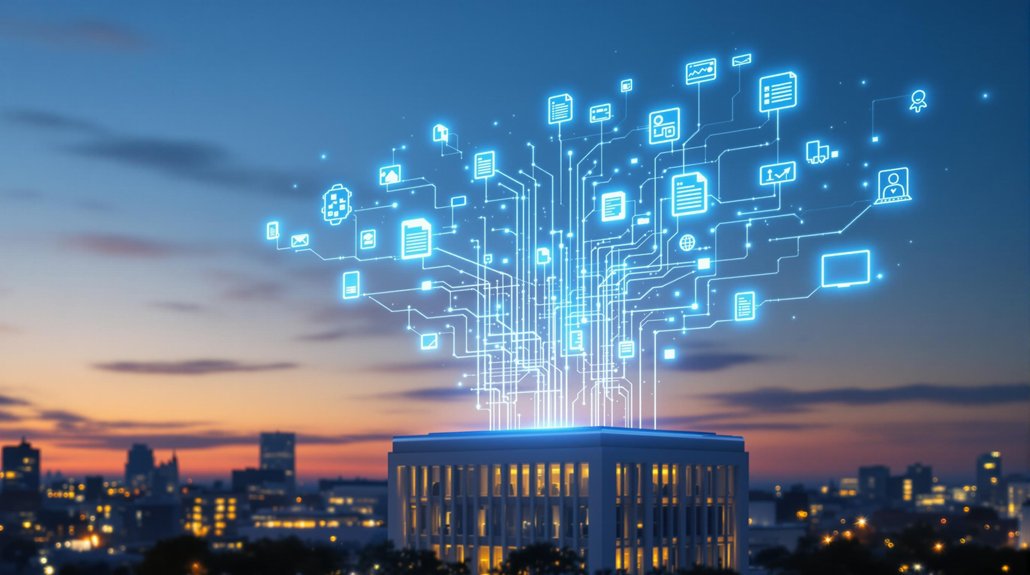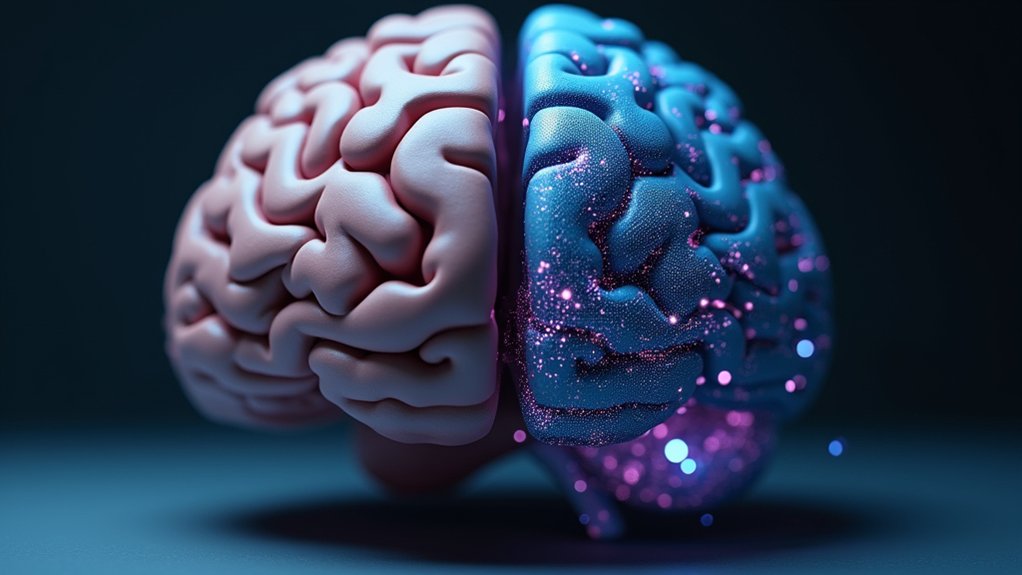Governments across the country are quietly deploying AI systems that work behind the scenes to handle citizen requests. These “agentic” systems can process tax forms, permit applications, and benefit claims without human intervention. They’re cutting wait times from days to minutes in many agencies. Officials say the technology allows human workers to focus on complex cases that require judgment. But questions remain about oversight, transparency, and what happens when these invisible assistants make mistakes.
Numerous government agencies worldwide are turning to agentic artificial intelligence (AI) to transform public services. This technology works behind the scenes to handle routine tasks without constant human supervision, creating a virtual workforce that’s changing how citizens interact with their government.
Unlike basic chatbots, agentic AI can make decisions and complete multi-step processes on its own. These systems can process permit applications, handle tax payments, and answer complex citizen questions by combining machine learning with automation capabilities. They don’t just respond to questions—they take action to solve problems.
Agentic AI doesn’t just answer—it decides and acts, handling complex government processes without human hand-holding.
The benefits for citizens are becoming clear. When people need help with government services, agentic AI provides faster responses and personalized assistance. Someone applying for benefits or requesting public records might have their case processed in minutes instead of days. These systems can also help with complicated transactions like tax filings or pension withdrawals in real time.
For government agencies facing budget constraints, this technology offers significant advantages. By automating routine tasks, departments can reduce costs while improving service quality. States like Iowa are already using these systems to meet financial goals while maintaining essential services. Internal tools provide customer service representatives with detailed guidance for faster and more accurate case resolutions.
The shift toward agentic AI also allows human government employees to focus on more complex issues that require human judgment and empathy. When routine questions and paperwork are handled automatically, staff can dedicate their attention to citizens with unique or complicated needs. Government leaders are embracing a workplace culture that emphasizes continuous learning as AI transforms traditional roles. Similar to the private sector that sees 92% of companies planning to increase AI investments, government entities are rapidly expanding their AI capabilities to enhance national defense and public service delivery.
Data privacy remains a critical concern as this technology expands. Many agencies are choosing on-premises deployment models that keep sensitive information secure and under direct government control.
As agentic AI continues to develop, it’s creating a new relationship between citizens and government—one where routine requests are handled efficiently by invisible digital workers, while human public servants focus on providing the personal touch when it matters most.









